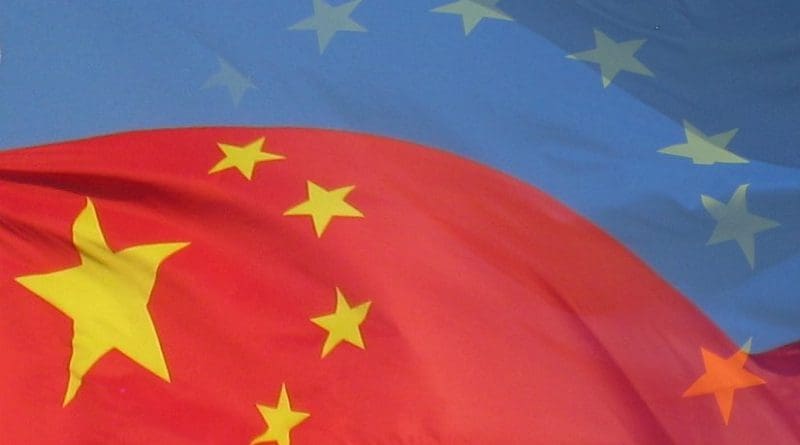EU-China Summit September 14
A second EU-China video summit inside three months saw some movement on the long-running negotiations on a bilateral investment agreement. The EU (von der Leyen, Michel and Merkel) acknowledged that progress had been made on rules for SOEs, forced technology transfer and market access. But von der Leyen told President Xi that further measures were necessary on food standards, financial services and the digital economy if the EU was going to ink a deal by the end of the year as planned. Critics note that there was no discussion on an action plan that might have included benchmarks related to a timetable.
Von der Leyen said the EU was disappointed at China’s lack of commitment to WTO reform, especially on industrial subsidies.
Prior to the video summit the there was an agreement on geographical indications (GIs) to safeguard 100 top food products from each side. Under the agreement European food exports will benefit from easier market access and protection in China.
On climate the EU called on China to enhance its carbon emissions reduction commitments, reduce its dependency on coal and to set a domestic goal for climate neutrality (50% of global CO2 emissions comes from China’s coal plants).
At the summit the EU maintained its strong criticism of Chinese behaviour in Hong Kong and Xinjiang. President Xi agreed that there should be a live human rights dialogue later in the year and held out the prospect of an EU visit to Xinjiang.
Both sides agreed to continue cooperation on research to combat the Covid-19 pandemic.
On 10 September the EU and China also held a high-level digital dialogue with Vestager leading for the EU and Vice premier Liu He for China. Sources say that the meeting was remarkably frank with detailed discussions on ICT, AI, product safety of online sales, and digital taxation. China has also launched its own data security initiative in response to the EU’s GPRD.
The 27 EU leaders will now discuss relations with China at their next summit at the end of September. Public opinion in Europe is souring on China and the basic problem remains the difficulty of finding common ground between an open European market economy and an authoritarian state-led economic system. At the same time China has recovered faster than any other major country from Covid-19 and is set to grow at just under 2% this year – something other G7 countries can only dream of.
The EU press statement can be accessed here.
The day after the summit, Reinhard Butikofer, the chair of the EP delegation for relations with China, gave his assessment of the summit and prospects for EU-China relations in an EUAC webinar which can be accessed here.

